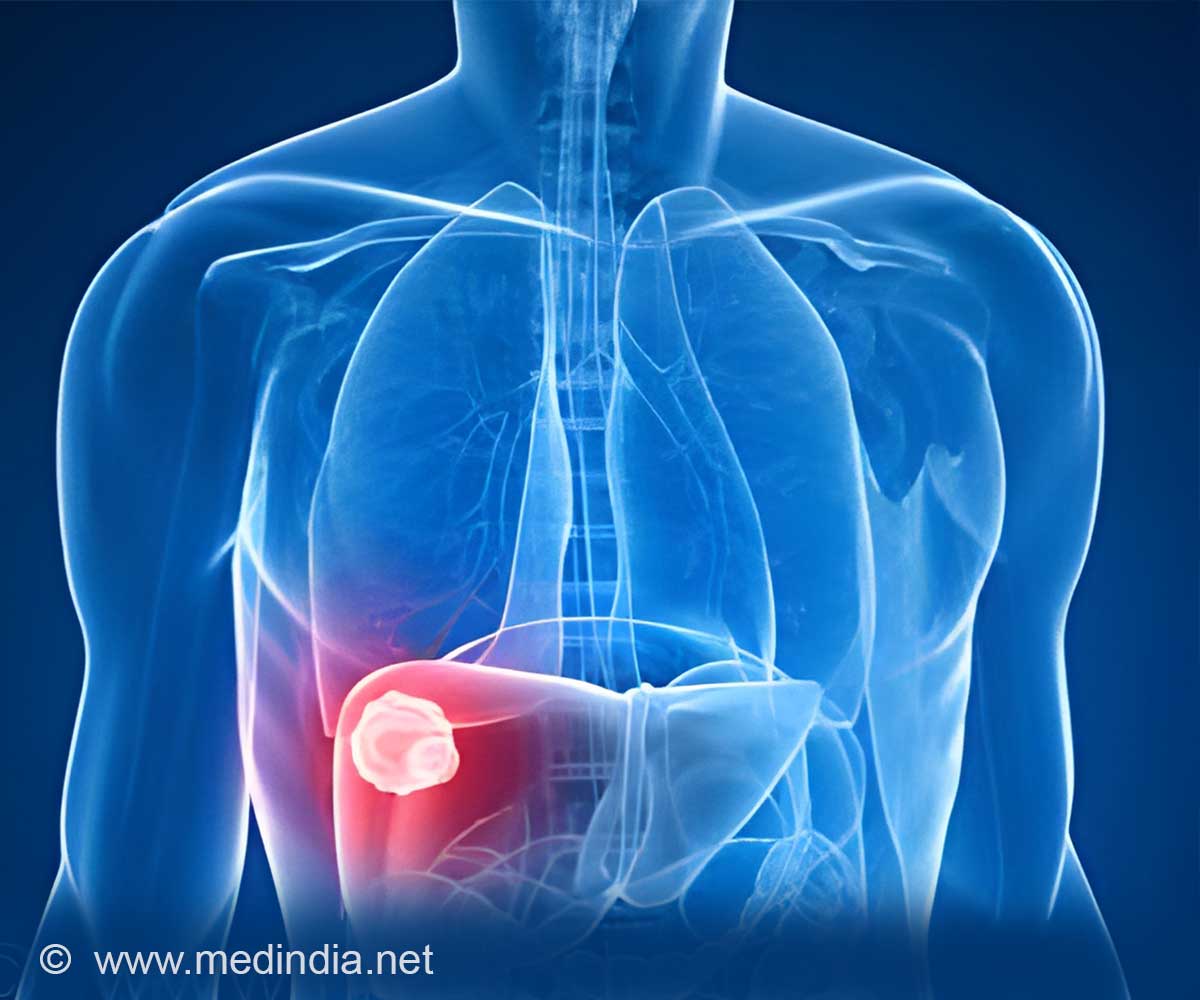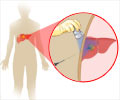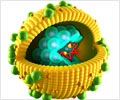Silencing a key cellular enzyme and treating cells with a diabetes drug, a successful strategy for cancer therapy.

‘Silencing the expression of an enzyme called hexokinase-2 and treating those cells with metformin, a diabetes drug kills liver cancer cells.’





Manipulating cells to kill cancerThis project originated in labs at the University of Illinois at Chicago, where researchers grew liver cancer cells and manipulated their expression of an enzyme called hexokinase-2. Then, the cells were treated with metformin, a diabetes drug that decreases glucose production in the liver.
The research group of Maciek R. Antoniewicz, Centennial Professor of Chemical and Biomolecular Engineering at the University of Delaware, designed a set of experiments to measure how cancer cells respond to the loss of hexokinase-2, an enzyme that helps cells metabolize glucose, their food source.
Antoniewicz is an expert in metabolic flux analysis, a technique for studying metabolism in biological systems. His research group is one of only a few in the world with expertise in a technique called 13C metabolic flux analysis of cancer cells, and he recently published a paper in Experimental & Molecular Medicine describing his methods.
"The complexities of mammalian metabolism require a systems-level analysis of the underlying networks and phenotypes, and this is what my lab specializes in," he said.
Advertisement
"The importance of our paper is that we show that targeting hexokinase-2 can indeed be a successful strategy for cancer therapy, when you also target a second compensatory mechanism with the drug metformin," said Antoniewicz.
Advertisement
Finally, the research team at the University of Illinois at Chicago tested a combination of hexokinase-2 depletion and sorafenib, a liver cancer drug, on liver cancer tumors in mice. This combo worked better than either treatment alone.
Source-Eurekalert















